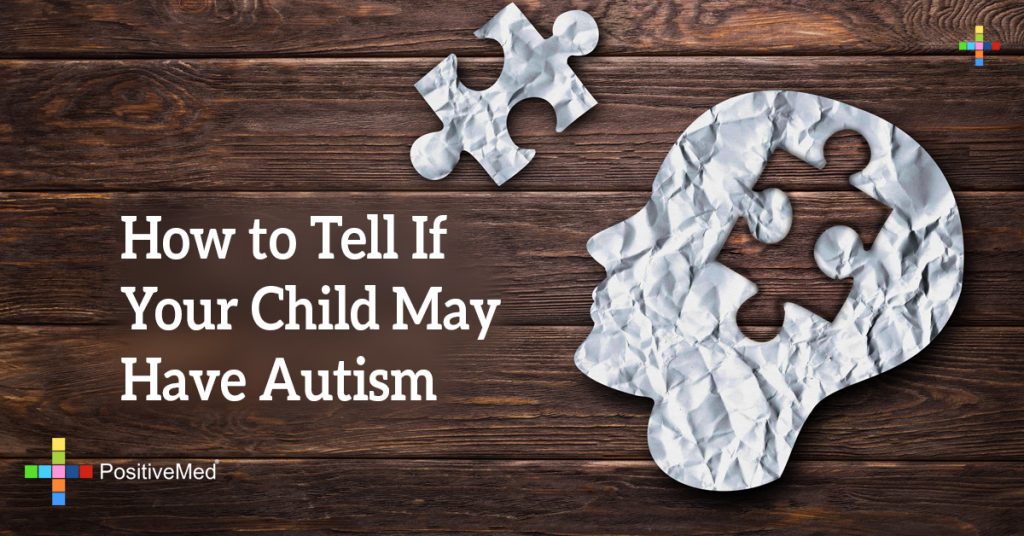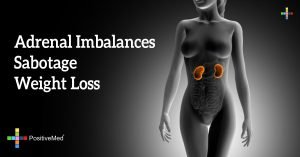
How to Tell If Your Child May Have Autism
Autism spectrum disorder (ASD) is a developmental disability caused by differences in the brain and how it works. Scientists do not know yet exactly what causes these differences for most people with ASD, however some people with ASD have a known difference, such as a genetic condition. There are multiple causes of ASD, although most are not yet known.
A diagnosis of ASD now includes several conditions that used to be diagnosed separately: autistic disorder, pervasive developmental disorder not otherwise specified (PDD-NOS), and Asperger syndrome. These conditions are now all called autism spectrum disorder.
ASD begins before the age of 3 and last throughout a person’s life, although symptoms may improve over time. Some children with ASD show hints of future problems within the first few months of life, in others symptoms may not show up until 24 months or later. Some children with an ASD seem to develop normally until around 18 to 24 months of age and then they stop gaining new skills, or they lose the skills they once had. Studies have shown that one-third to one-half of parents of children with an ASD noticed a problem before their child’s first birthday, and nearly 80%–90% saw problems by 24 months of age.
It is important to note that some people without ASD might also have some of these symptoms. But for people with ASD, the impairments make life very challenging.
Possible Red Flags
A person with ASD might:
- Not respond to their name by 12 months of age
- Not point at objects to show interest (point at an airplane flying over) by 14 months
- Not play “pretend” games by 18 months
- Avoid eye contact and want to be alone
- Have trouble understanding other people’s feelings or talking about their own feelings
- Have delayed speech and language skills
- Repeat words or phrases over and over (echolalia)
- Give unrelated answers to questions
- Get upset by minor changes
- Have obsessive interests
- Flap their hands, rock their body, or spin in circles
- Have unusual reactions to the way things sound, smell, taste, look, or feel
- Do not understand personal space boundaries
- Avoid or resist physical contact
- Is not comforted by others during distress
- Has trouble understanding other people’s feelings or talking about own feelings
- Delayed speech and language skills
- Reverses pronouns; such as saying “you” instead of “I”
- Gives unrelated answers to questions
- Uses few or no gestures (such as waving)
- An unusual focus on pieces: younger children with autism often focus on parts of toys, such as the wheels on a car, rather than playing with the entire toy.
- Preoccupation with certain topics: For example, older children and adults may be fascinated by video games, trading cards, or license plates.
- A need for sameness and routines: For example, a child with autism may always need to eat bread before salad and insist on driving the same route every day to school.

There is often nothing about how people with ASD look that sets them apart from other people, but they may communicate, interact, behave, and learn in ways that are different from most other people. The learning, thinking, and problem-solving abilities of people with ASD can range from gifted to severely challenged. Some people with ASD need a lot of help in their daily lives; others need less.
Having some or all of these symptoms does not mean your child has ASD, it means that taking your child to a respected health care professional is a good idea.






